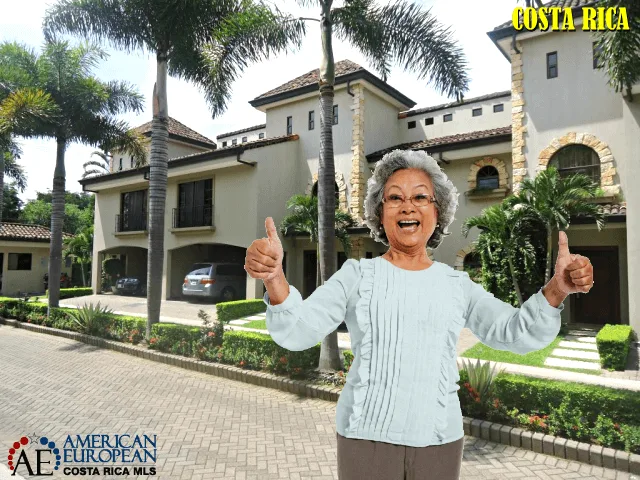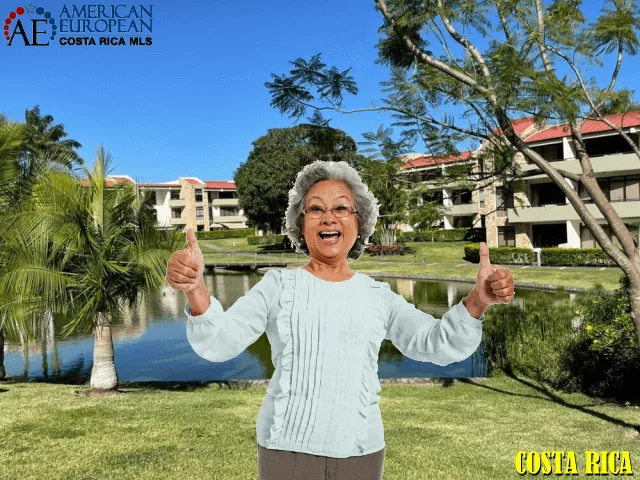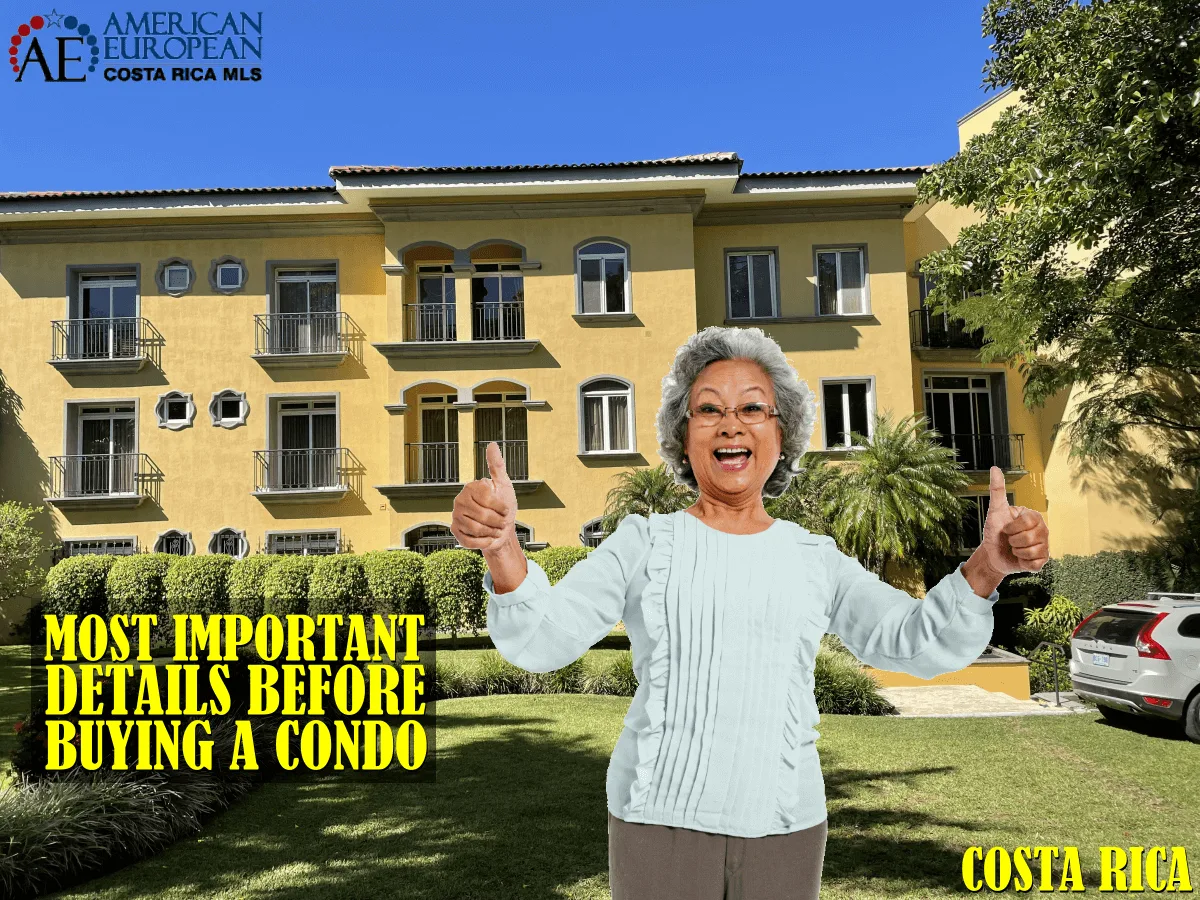Estimated Reading Time: 3 Minutes
How do you know if your lawyer will check the most important details before you purchase a Condominium? The only way to know is to learn as much as you can about it first. I have seen lawyers only check the title, and others even request the construction plans and permits of a condominium that was built 20 years ago. Some don’t do enough, while others require sellers to jump through unnecessary hoops (in my opinion). Most real estate agents are unlikely to be aware of any of these essential details.
Let me walk you through the most important details (although there are many more, but I’ll keep those for other blogs)

The Title
The most Important Costa Rica Condominium information is the title. When you buy a condominium unit, you acquire an individual and absolute title to the particular space that the unit occupies. This can either be a townhouse, an apartment, or a homesite. This can also be a parking space or a storage unit.
In addition, you own an undivided interest, collectively with all other unit owners in the condominium, in all of the “common” parts of the property, such as the land, main walls, roofs, halls, lobbies, stairways, elevators, gym, pool, guest parking, and other parts of the condominium property used jointly by all owners.
Your ownership of your unit is as complete and absolute as ownership of a property with or without a house. You have title to your unit just as you would to a single-family home, with the same legal status and financial advantages held by a single-family homeowner.
In some condominiums, all private areas have their own title. In others, the parking and storage units are assigned in the bylaws. Some parking spots are side by side, and others are in tandem. This is where you and your lawyer have to pay attention. You want to confirm that you are indeed purchasing the parking spots and storage units as advertised by the seller or real estate agent.
Bylaws
The condo bylaws, or CC&Rs, are the registered rules and regulations of the condominium. These show you what you can and cannot do. Before purchasing a condo in Costa Rica, it is essential to read the bylaws first. There might be information there that will tell you why NOT to buy in this condominium. For example, pet restrictions or not being able to have a barbecue on your balcony can be significant enough for you not to make an offer on a unit.

Financials
Is the condominium where you are buying financially healthy? Few lawyers request this information from the seller, and unfortunately, fewer check the financial statements. Many condominiums are low on reserves or have none at all. As soon as you purchase, you’ll be responsible, along with all other condo owners, for any special assessments. Check for repairs and replacement of pool equipment, elevators, and the water treatment plant.
Additionally, it is essential to request the last two minutes of the annual HOA meetings to address any potential issues and special assessments.
I’m sure you don’t want to learn that the due diligence was approved without verifying the above important details. I recommend hiring a knowledgeable real estate agent and a bilingual lawyer who specializes in real estate.


















